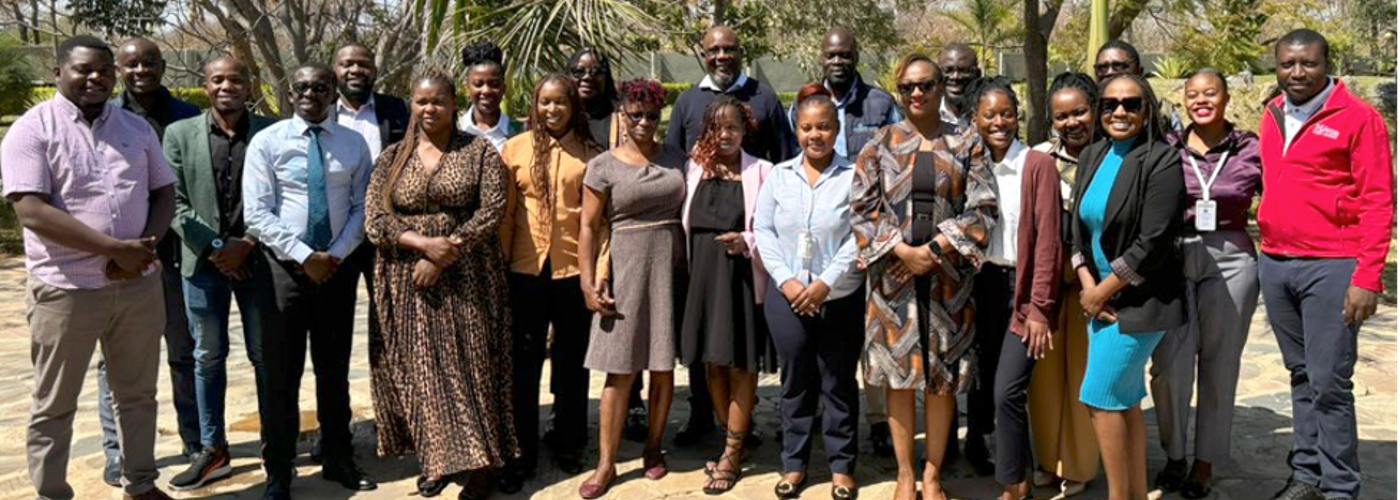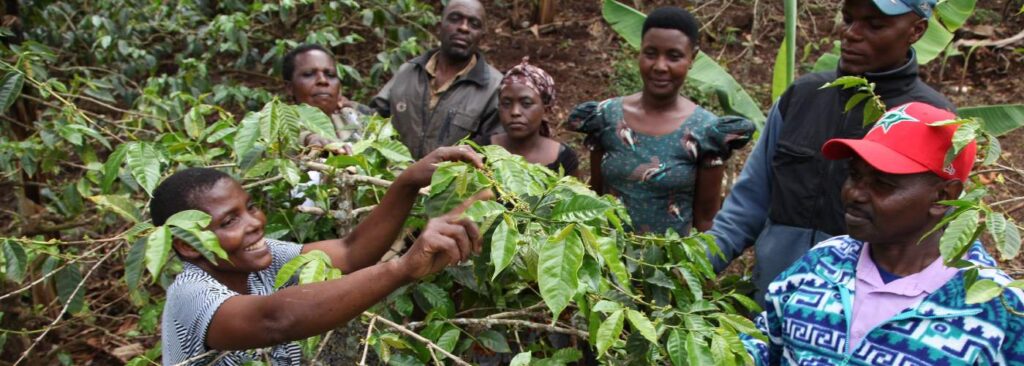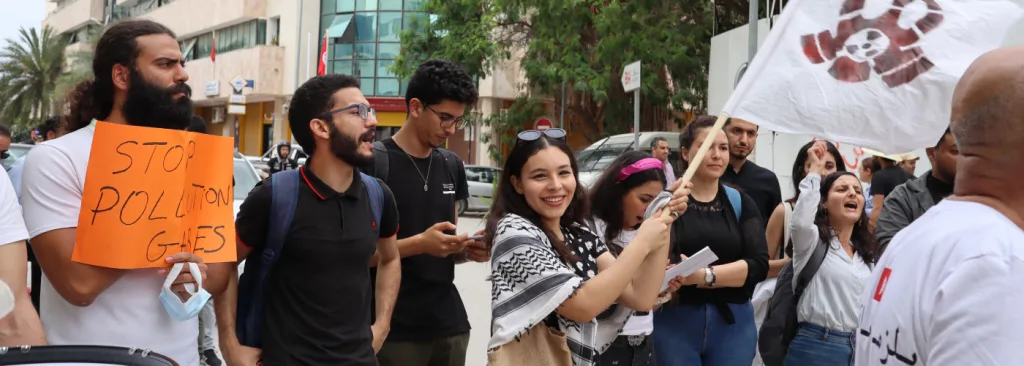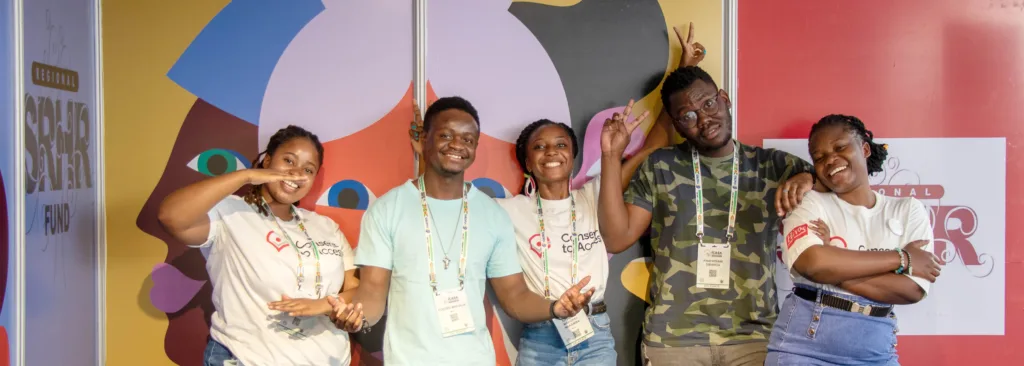The power of the media to set an agenda, share information and be an educational tool is vital in Hivos’ work. Breaking down technical aspects of our programs into everyday language that anyone understands is critical for stakeholder engagement and the impact we want to achieve.
Three of our programs in Zambia recently organized a media training workshop for 27 journalists from various outlets including print, online, television, and radio. The focus was to develop their skills to report on sexual and reproductive health and rights (SRHR) and environmental issues with accuracy and precision.
Attracting media professionals from Malawi, Zimbabwe, Kenya, Uganda, and Zambia, the two-day workshop was sponsored by three Hivos projects: the Regional Sexual and Reproductive Health and Rights (SRHR) Fund, Voices for Climate Action (VCA), and Strengthening Respect for Environmental Rights in Zambia (SR4ER).
Shifting media priorities
The focus on “news that sells” in recent media history has seen profit determine what news should receive coverage – mostly entertainment, politics and sports. This has meant that in most instances news about issues directly affecting people’s daily lives is covered the least. Topics such as the environment or health simply do not get enough media resources to help communities understand the challenges we face every day.
Mr Shingongo, a journalist attending the workshop, explained why the media tends to focus on selling rather than impact. “Media owners often prioritize stories that align with their interests, which can influence journalists’ reporting as well. Journalists may feel pressured to focus on topics that are deemed more profitable or appealing to their employers. We’re socialized to think that the stories that matter most are the ones to do with politics. As a result, if you’re doing a story on the environment or SRHR, you really must push for it to be in the headlines. This then presents a challenge to the editors because these stories need to be told simply, otherwise you’ll write something that half the population won’t understand.”
Collaborating to tell people-centered stories
Limpo Chinika, Hivos’ country manager in Zambia and project manager of the Regional SRHR Fund, was optimistic that the workshop would encourage stronger collaboration between Hivos and the media. With regional development as a focus area, the media can help establish new understanding and garner support for issues affecting Southern Africa and the world.
“You, as the media, are very key to amplifying the work that we do. This workshop is just the beginning of many others, and we do anticipate this to be a partnership,” she said.
Boyd Chibale, the project manager and senior journalist at BBC Media Action, shared insights on how journalists could better serve their audience. “It is high time we focus our journalism on the general public, not just the high offices and those in government. It’s not just about the experts, but about those in our communities. Most of the time we think that those of us creating the product are the intelligent ones but that is wrong, it is the readers. That’s why we produce with them in mind. That’s why we need to refocus ourselves,” Boyd said.
Prioritizing news that informs
The workshop gave participating journalists a deeper understanding of the connection between SRHR, climate and environmental justice. To enhance their expertise, they engaged in sessions designed to increase their familiarity with laws and policies related to both environmental matters and SRHR.
“Health and environment are topics that affect people daily, so they are very important. In fact, we’ve been making progress. Climate change and environmental issues were not popular, but now people will even contribute from an informed perspective when you ask them,” a participating journalist, Ms Makwama, added.
Additionally, the journalists received training to fine tune the terms they use regarding environmental justice and SRHR so they can prevent either stigmatization or misunderstanding, as some of their readers do not fully understand English.
The SR4ER project manager, Raymond Kaima, emphasized that one of the workshop’s main objectives was to draw attention to the underrepresentation of environmental and health news in the media despite the critical importance of these topics. “I urge journalists to adopt a more articulate and analytical approach to their reporting, ensuring that their stories are engaging, thought-provoking, and informative for the public,” he added.




